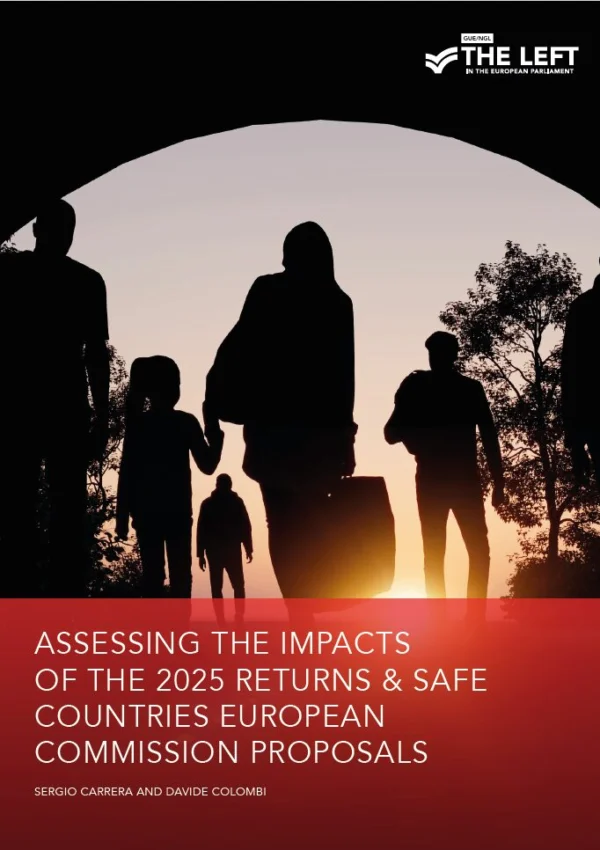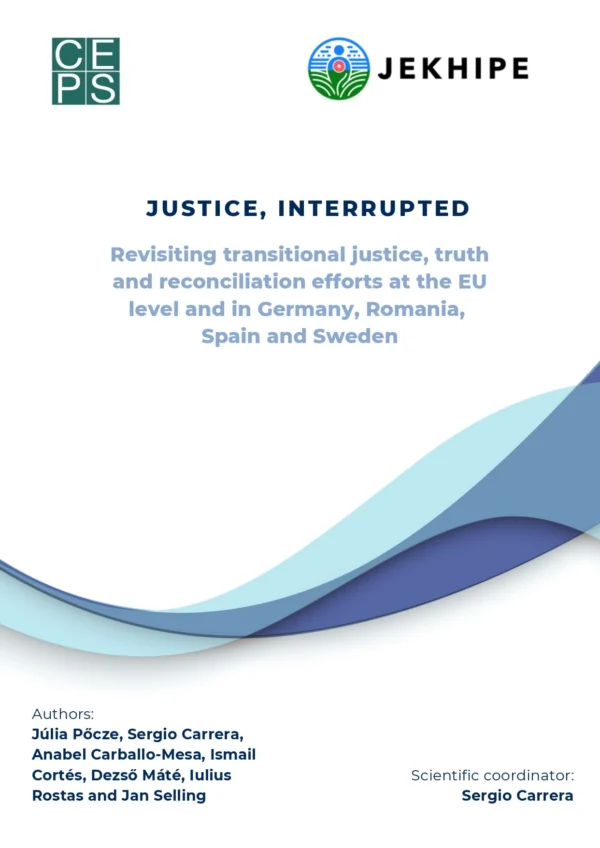This paper analyses the EU budgetary responses to the ‘refugee crisis’ in Europe. The European Commission has proposed several changes to the EU budget as well as the establishment of new funding instruments. The paper explores what the announced funding consists of, what role it plays in policy-making and what issues it generates. Throughout these budgetary responses the search for flexibility has been dominant, motivated by the need to respond more swiftly to humanitarian and operational needs. In addition, the paper argues that beyond implementation or management, the role of funding is also symbolic and communicative. In light of limited competences that are difficult to exercise, funding represents a powerful tool enabling the Commission to shape policy-making in times of crisis. At the same time, the dominant search for flexibility also challenges established funding rules and procedures. It has furthermore led to reduced space for democratic scrutiny by the European Parliament.
More profoundly, EU funding for cooperation with third countries to prevent the inflow of refugees and asylum seekers has monetised questions over the responsibility for these individuals. As the EU–Turkey agreement shows, this has created a self-imposed dependence on third countries, with the risk of potentially insatiable demands for EU funding. This paper questions the proportionality and rule of law compliance of allocating funding for the implementation of this agreement. Moreover, it proposes that the Commission take steps to practically safeguard the humanitarian aid principles in the management structures of the new funding instruments, and it stresses the need for more scrutiny of the reconfigured funding landscape by the European Parliament and the European Court of Auditors.
Leonhard den Hertog is a TRANSMIC postdoctoral researcher within the Justice and Home Affairs Unit at CEPS.














